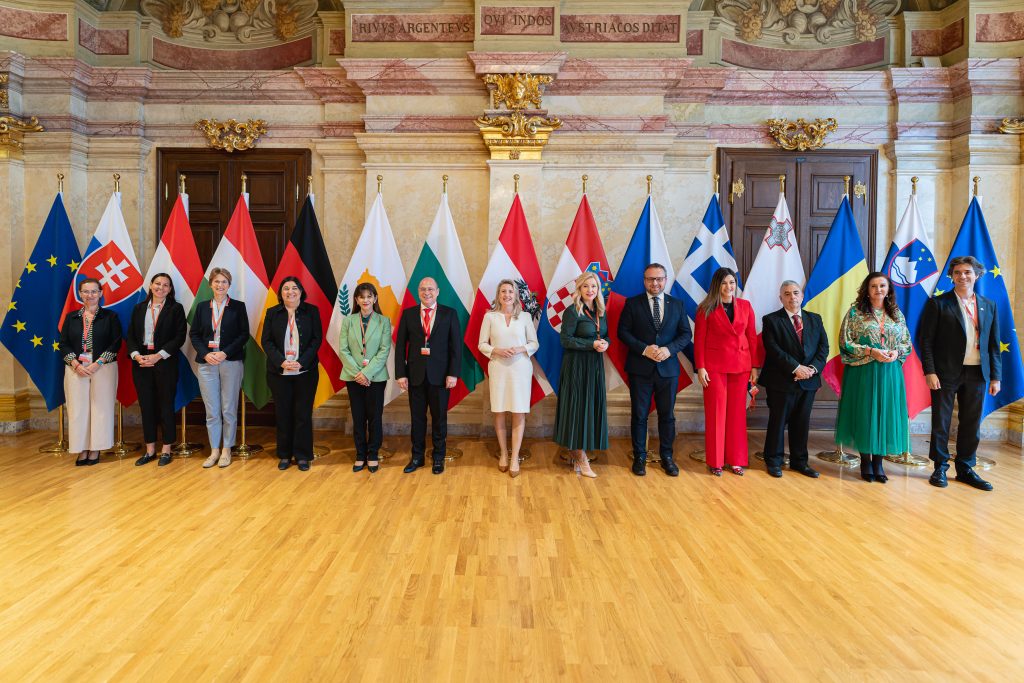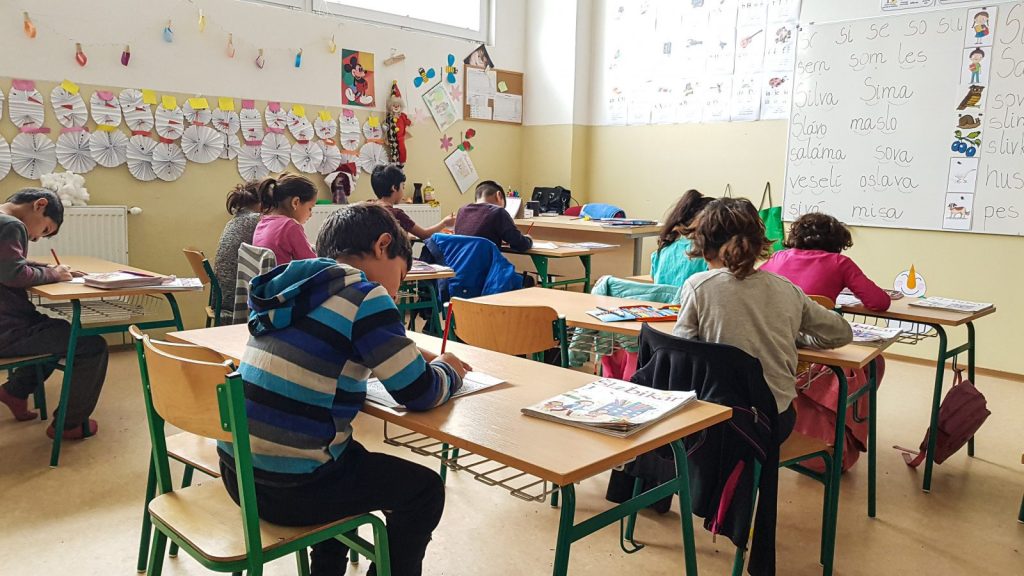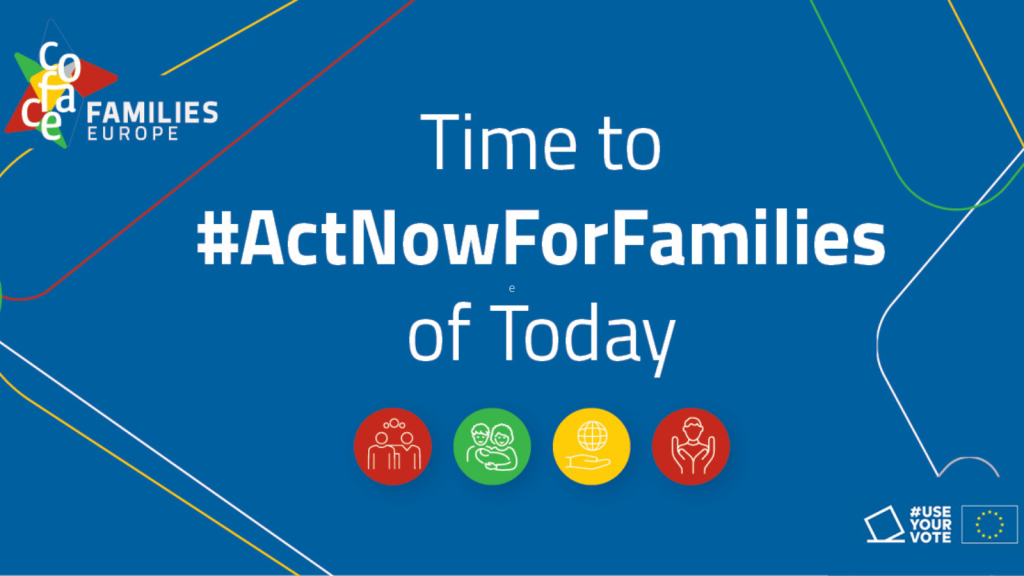The European Social Policy Network (ESPN), which supports the European Commission in monitoring progress towards EU social protection, prepared a Synthesis Report collecting the findings from 35 national reports. The Synthesis Report describes and analyses the conditions under which persons with disabilities aged 18 years and above have effective access to social protection. More specifically, it focuses on the provision of various disability-specific income support schemes, benefits for some risks other than disability, as well as selected support services for people with disabilities, and it highlights the main gaps and obstacles to accessing them.
Principle 17 of the European Pillar of Social Rights (EPSR) focuses on the inclusion of people with disabilities and emphasises the right of people with disabilities to “income support that ensures living in dignity” as well as “services that enable them to participate in the labour market and in society”. Similarly, Article 28 of the United Nations Convention on the Rights of Persons with Disabilities (UNCRPD), to which all EU Member States, as well as the EU itself, are parties, clearly expresses the right of persons with disabilities to social protection and to an “adequate standard of living”.
At the request of the European Commission, ESPN analysed policies in 35 countries: the 27 EU Member States, the UK and 7 (potential) candidate countries. The aim is to contribute to a better understanding of the access of people with disabilities to social protection support, by describing and analysing the provision of disability-specific income support and of selected support services for people with disabilities. The Synthesis Report provides an overview of ongoing policy reforms and of national debates having an impact on the social protection of people with disabilities and identifies good practices enhancing the access of people with disabilities to social protection benefits and services.
In general, the report shows that while most of the countries analysed have measures in place that address, to varying extents, the needs of persons with disabilities (thereby advancing the rights enshrined in the EPSR as well as in the UNCRPD), important gaps and obstacles still need to be tackled to ensure effective access to social protection for people with disabilities. Moreover, it highlights that poverty among persons with disabilities persists. The report ends with several recommendations at the national and/or EU level aimed at addressing gaps and obstacles in the social protection of people with disabilities.
Read more about the findings here.





